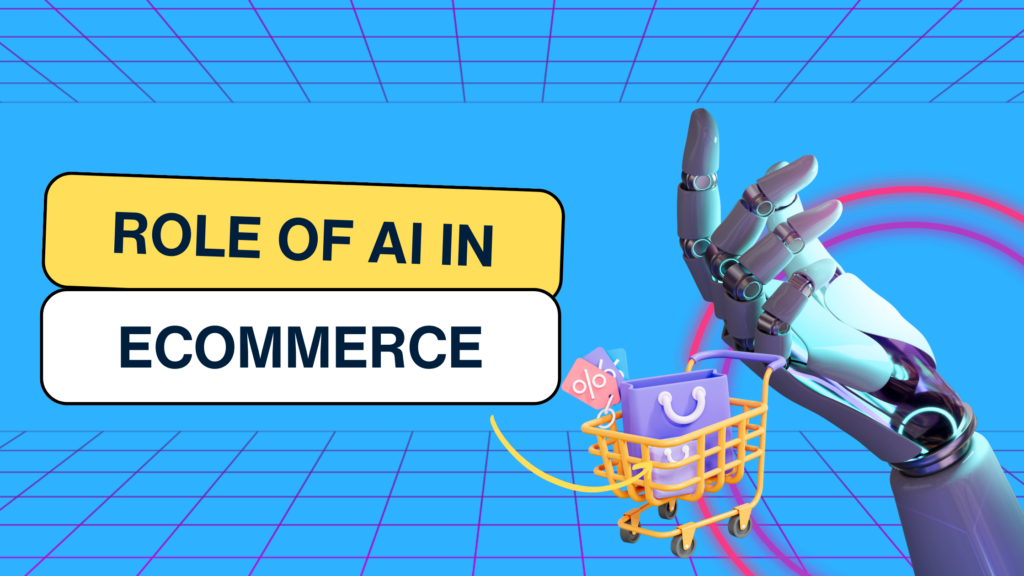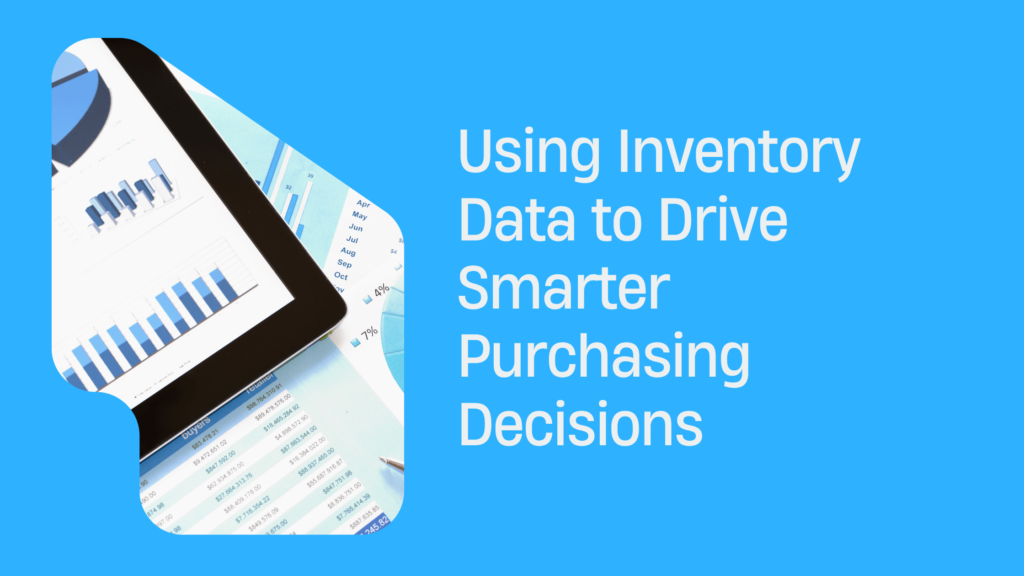Revolutionizing eCommerce: The Game-Changing Impact of AI Technology, Featuring ChatGPT
Artificial Intelligence in the e-commerce industry is bringing 20% more revenue just by existing. AI helps people find their desired products and relate with the search behavior giving more advantage to the users in finding products quickly. Generative AI in eCommerce has multiple uses like it gives product recommendations, interacting with the customers about the purchase they made, and creating content around the product. Most well-known companies are making good revenue by using generative AI.
ChatGPT is a Natural Language Processing tool which when integrated with eCommerce shows astounding results. 81% of retail employees are expecting to accept AI by 2027 and 51% of eCommerce businesses have already performed AI integration in their operations. This gives them the power to leverage effective and enhanced sales, marketing, and better customer service.
The Role of AI and ML in eCommerce
When we talk about AI, we think about self-driven cars but in eCommerce AI and ML help in enhancing customer service. AI-powered eCommerce Intelligence helps online businesses optimize, automate, and personalize their website for visitors. Generative ai development has been playing a greater role as ML algorithms can create realistic outputs based on the raw training data that is raw.
The algorithms used by generative AI involve training ML models with new data like text, images, etc. A large amount of data is analyzed and then, using that data, new content is generated. This data is then processed which is later used in predictive analysis and data analysis. With the help of predictive analytics, the demand for a specific product can be determined.

The Influence of ChatGPT on eCommerce.
ChatGPT is the most innovative AI language model that is transforming eCommerce. With the help of AI eCommerce companionship, the marketplace has new aspects that help the customer explore the products in a better way. Here are some of the ways by which ChatGPT influences eCommerce:
- AI chatbots for eCommerce is the integration of ChatGPT with the marketplace and it enables the enhanced chat experience. The businesses get conversational experiences that are similar to the human chat experience.
- ChatGpt is a natural language process, which means that it empowers certain capabilities like personalized product recommendations, exhaustive customer service and even helping in the sale process.
- ChatGPT has the ability to handle many queries at the same time so the response time and waiting time are also reduced and helping the customer throughout the purchase process is increased.
- A study shows that almost 70% of shoppers abandon their carts due to the lack of customer support. ChatGPT chatbots engage with customers and help them in purchasing by willfully addressing your concerns.
- ChatGPT helps in enhancing marketing strategies with the help of customer segmentation which helps in interaction based on aspects like purchase history and preferences.
How is ChatGPT Integration with eCommerce helpful?
In the competitive world of eCommerce, generative AI consulting companies are proving to be a helping hand in increasing sales and customer services. Be it a dropshipping business or a retail business, AI eCommerce is helping business owners create a strategy that will highlight themselves in the marketplace.
AI Chatbots for eCommerce
While exploring a marketplace, you must have come across a pop-up chatbot that asks you predefined questions. If you are not able to find the product you are looking for then the chatbot will help you in guiding using annotated and pre-trained data. The AI chatbot engages in human-like conversations and will provide a seamless shopping experience.
If the customer has abandoned their carts then the chatbot will send a reminder about the quick buying. There is so much more that an AI chatbot can do, like, it will help you gain engagement and insights and with a human-in-the-loop approach, the eCommerce customer service will be enhanced.
Virtual Assistants in eCommerce
VAs have been in the eCommerce industry for quite some time. Virtual assistants are trained individuals who work as a VA for your eCommerce Store. You can direct many tasks that are repetitive and monotonous towards them and they will skillfully perform each task. The VAs are very helpful in managing day-to-day work and this helps the business owner to concentrate more on profit and revenue generation.
The best part about eCommerce virtual assistants is that they are available round the clock which makes it easy for the owner to manage at any time and everything would be updated. This improves business scalability also as the tasks performed can range from researching about the product to listing it, they can manage all.
A sophisticated form of a virtual assistant is the AI avatar. These digital representatives mimic human interactions As the eCommerce landscape evolves, businesses are exploring more sophisticated solutions like AI-driven enterprise search solutions to enhance operational efficiency and user experience. These solutions provide the essential capabilities to streamline information retrieval and personalize customer interaction, just as described in the notable AI-powered search engines evaluated for their unique features and limitations, offering personalized guidance, addressing customer queries, and assisting with tasks like product navigation and checkout processes.
Enhanced Automation
One biggest quality of an online store is that it never shuts down unlike physical stores thus requiring a process that will be able to handle the store from any location and at all times. This is where automation comes in. Since the store is open all day and night, the customer service and the experience have to be open as well. The automation process can be made easy by AI as it saves time, energy, and operation cycles.
Automation is managing and executing repetitive tasks, which can also be done by a VA, another form of automation. Automating dropshipping is an automated task that is being widely used in eCommerce industries. This is done to streamline the time-consuming tasks as it involves using a third party that can handle tasks like order fulfillment and inventory management.
Available 24X7
Human customer representatives are known to work for limited hours and even during the change in the shift give away a bit of the downtime. Whereas, if the businesses integrate chatbots then there would be no delay in responses and no downtime at all. The customers can get an answer to their queries at any time of the day or night.
The pressure faced by businesses to have a human representative available at all times is reduced with chatbots. For tasks requiring more personalized interaction, businesses can rely on virtual assistants from Helpsquad to ensure customer engagement around the clock with a human touch.
Personalized Shopping Experience
While shopping in a marketplace, every customer wants to have personalized suggestions so that it becomes easy for them to understand the product and make the purchase. The personalized shopping experience of a customer will focus on the pain points, desired products, purchase history, and product selection which are made easy by generative AI in eCommerce.
With this in place, it is easier to run personalized email campaigns, and advertisements, or create a personalized product list for the customer. Personalized suggestions were in existence before AI but today, advanced systems can optimize big data and real-time analytics. Such possibilities have helped customers in many ways.
Streamlined Purchase
AI can be integrated with payment gateways which will help in a smooth purchase process. Once the product selection is made, ChatGPT will guide the customer till the purchase is completed. It will also help in explaining the shipping process and the policies related to it.
The customer will not fall victim to poor website navigation which might become confusing. A clear path and guidance provided by ChatGPT will put the customer at ease and will guide them through the process with a human-like conversation with the customer.
So to conclude, we can say that artificial intelligence is playing a leading role in driving innovative solutions that will enhance customer experience and transform the eCommerce industry. Personalized shopping, product recommendations, smart search, and marketing are some of the latest use cases of AI presence in eCommerce. If you are an online retailer and you are planning to go ahead with a dropshipping business then you can access Inventory Source and make full use of the automation tools that we provide.
AI in eCommerce FAQs
What are the main ways AI is helping online stores get better?
In the past few years, AI has evolved a lot. AI enhances the shopping experience through personalized recommendations, inventory management, price optimization, customer support and chatbots, smart search, and many more. These AI methods will enhance customer satisfaction, boost sales, increase efficiency, and remain competitive in the market.
How does AI suggest things customers might like when they shop online?
AI collects customer data based on their purchase history, search history, cart habits, and their time on certain product pages. The machine learning algorithm also helps in collaborative filtering, deep learning, content-based filtering, and processing the data for analyze.
How does AI make sure stores have the right stuff at the right time?
Some factors like demand forecasting, inventory optimization, transportation and logistic optimization, data analytics, and supplier relationship management make sure that the stores have the right stuff at the right time. AI eCommerce integration predicts these factors.
How is AI making it faster for stores to send things you buy online?
One of the most important factors is predictive analysis. In this, AI uses data and machine learning to predict the demand for a specific product. Optimized routing and delivery planning along with inventory visibility and warehouse automation also help with real-time data.



